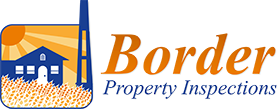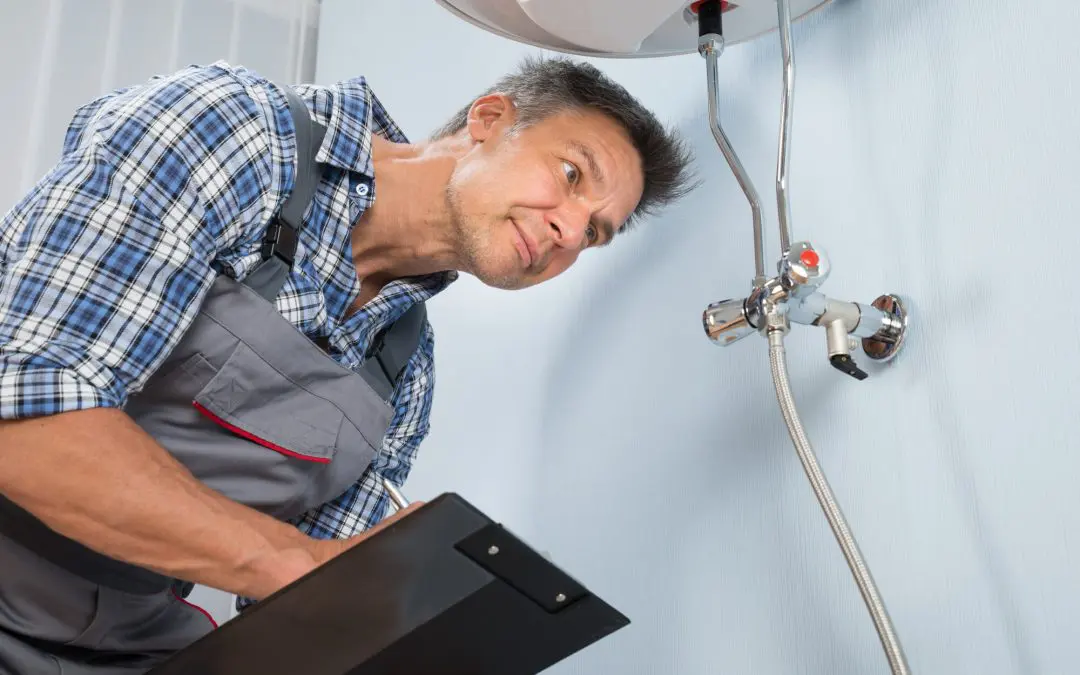When buying a home, one of the most critical steps in the process is scheduling a home inspection. This thorough assessment provides a detailed picture of the property’s condition, helping buyers understand the true state of the home they’re purchasing. Home inspections can reveal minor concerns or uncover significant issues that may affect your decision. Let’s dive into some of the most common issues found in home inspections and why they matter to homebuyers.
Foundation Issues Found in Home Inspections
Foundation issues are one of the most concerning findings in a home inspection. Cracks in walls, uneven floors, and doors that don’t close properly can all indicate foundational damage. Problems with the foundation are expensive to fix and affect the overall stability of the house. The cause could be anything from water damage to soil movement, but addressing it is critical. Foundation problems also lead to issues with the structure of the home over time, making this one of the most serious findings in an inspection.
Water Damage and Plumbing Issues
Water damage is often hidden but is a major red flag during an inspection. Inspectors look for signs of water intrusion around windows, basements, and roofs, as well as check plumbing systems for leaks, clogs, or outdated materials. Mold, mildew, and rot are common signs of water damage and can lead to significant health concerns if left untreated. Plumbing problems, such as corroded pipes or low water pressure, can also result in expensive repairs. If the home has an outdated plumbing system, replacing pipes and fixtures could become necessary in the near future.
Electrical System Problems
Faulty or outdated electrical systems are another common issue found in home inspections. Older homes may have outdated wiring or panels that are not up to modern safety standards. Ungrounded outlets, lack of GFCI (ground fault circuit interrupter) protection, or improper wiring connections can be hazardous and require immediate attention. These problems pose a safety risk and make it difficult for homeowners to get insurance or meet local code requirements.
Structural Problems
Structural integrity is a primary concern in any home inspection. Inspectors look for sagging beams, damaged walls, or uneven floors. These could be signs of structural weaknesses due to poor construction, water damage, or foundational shifts. Structural repairs are often costly and invasive, sometimes requiring extensive work to correct. Buyers should carefully consider structural issues found in an inspection, as they can impact the long-term stability and value of the home.
Pest Infestation Issues Found During Home Inspections
Termites, rodents, and other pests are more than just nuisances—they cause significant damage to homes. Home inspectors check for signs of infestations, such as droppings, nests, or wood damage. Termites, in particular, can silently destroy the wood framing and other structures in a home, leading to thousands of dollars in damage. If a pest problem is discovered, it’s important to address it quickly with professional treatment to prevent further damage and ensure the home’s integrity.
Poor Insulation and Energy Efficiency Concerns
A home inspection often reveals whether a house is energy-efficient or poorly insulated. Inadequate insulation causes heating and cooling systems to work overtime, leading to higher energy bills. Inspectors check the quality of insulation in attics, walls, and crawl spaces, as well as inspect windows and doors for drafts. Homes that aren’t energy-efficient may require additional insulation, new windows, or other improvements to reduce energy consumption and lower utility costs. Addressing these concerns will also make the home more comfortable and reduce the environmental impact.
Exterior and Landscaping Issues Found During Home Inspections
The outside of a home is just as important as the inside when it comes to an inspection. Common exterior problems include deteriorating siding, cracks in the driveway, or water drainage issues that affect the foundation. Landscaping problems, such as overgrown trees or poor grading, also impact a home’s condition. Improper grading leads to water pooling near the foundation, increasing the risk of flooding or erosion. Exterior maintenance and landscaping affect curb appeal and the longevity of a home, so issues should be addressed promptly.
Windows and Doors
Homeowners frequently overlook windows and doors, but inspectors often find problems like broken seals, rotting frames, or windows that don’t open or close properly. Poorly functioning windows and doors lead to energy loss, water leaks, and even security risks. Replacing or repairing them enhances the home’s energy efficiency and improves comfort, so buyers should be mindful of issues that arise during the inspection.
A home inspection is a vital step in the home-buying process, revealing hidden issues that may not be apparent during a casual viewing. The findings from an inspection guide buyers in making informed decisions. Knowing the common issues that arise during inspections helps prepare buyers for potential repairs and gives them the leverage to negotiate with sellers.
FAQs on Issues Found in Home Inspections
What should I do if the seller offers a pre-listing inspection report?
A pre-listing inspection report provided by the seller can give you some insight into the property, but it’s always wise to hire your own independent inspector. A neutral third-party inspector is less likely to overlook issues, giving you an unbiased report on the home’s true condition.
What are the most expensive issues to fix after an inspection?
Some of the costliest repairs that can arise after an inspection include foundation damage, roof replacement, HVAC system failure, and extensive plumbing issues. These repairs can easily cost thousands of dollars and may require immediate attention. Addressing these concerns before closing will save buyers from unexpected financial burdens.
Should I get a second opinion if the inspection reveals problems?
In some cases, it may be wise to seek a second opinion, especially for major issues like foundation cracks or roofing damage. Specialized contractors can provide more detailed estimates for repairs and offer insights into the severity of the problem. This additional information will help you make a more informed decision before finalizing the purchase.
Border Home and Property Inspections provides home inspection services to the midwest region of Alberta and Saskatchewan. Contact us to schedule an inspection.

